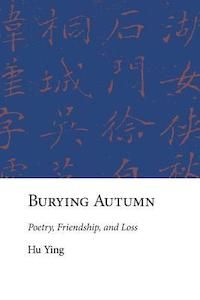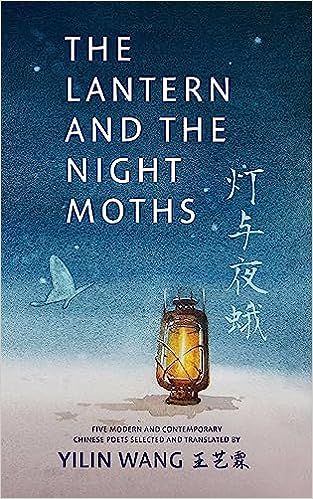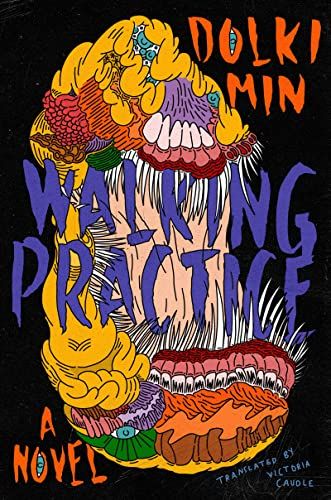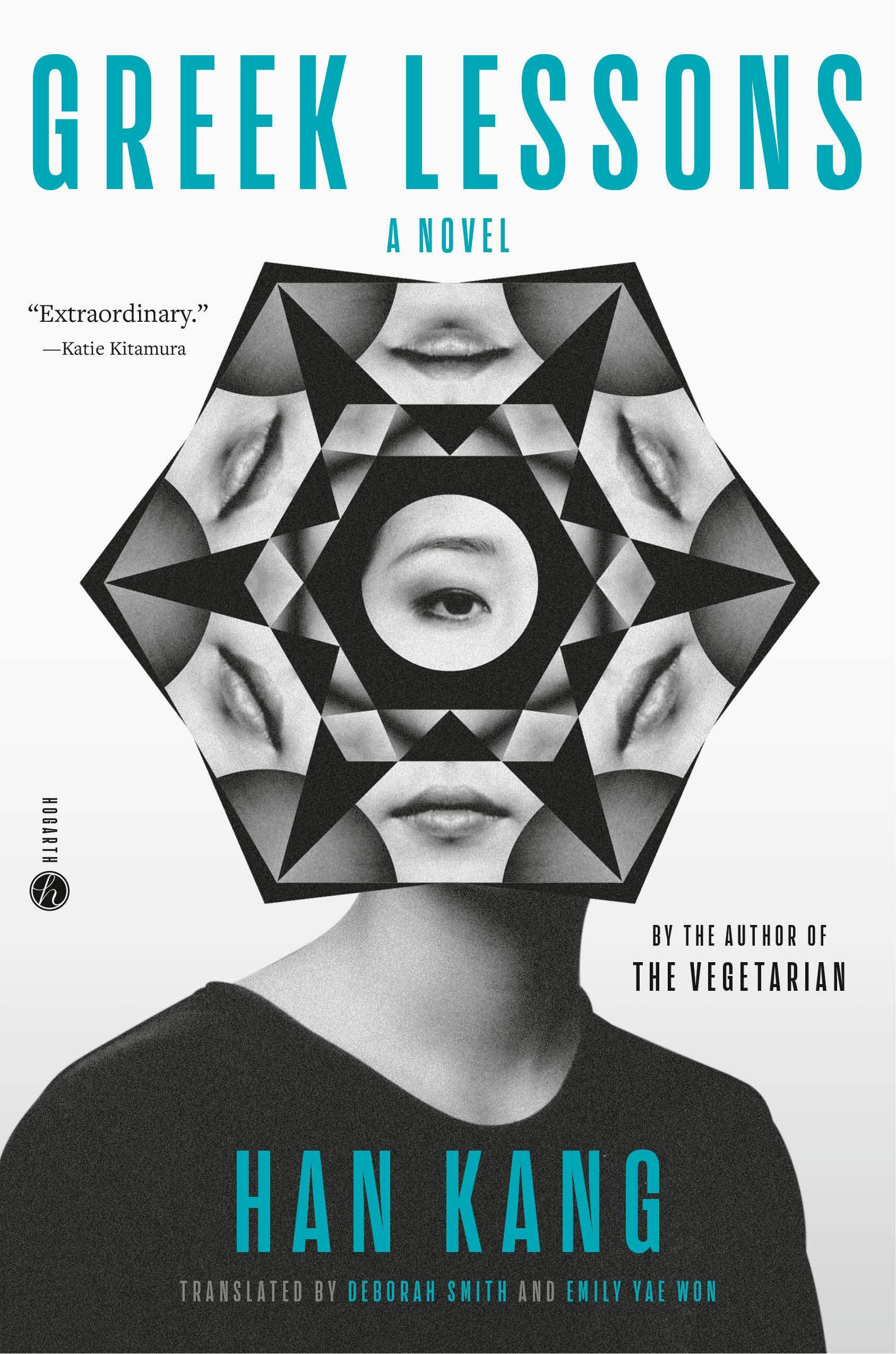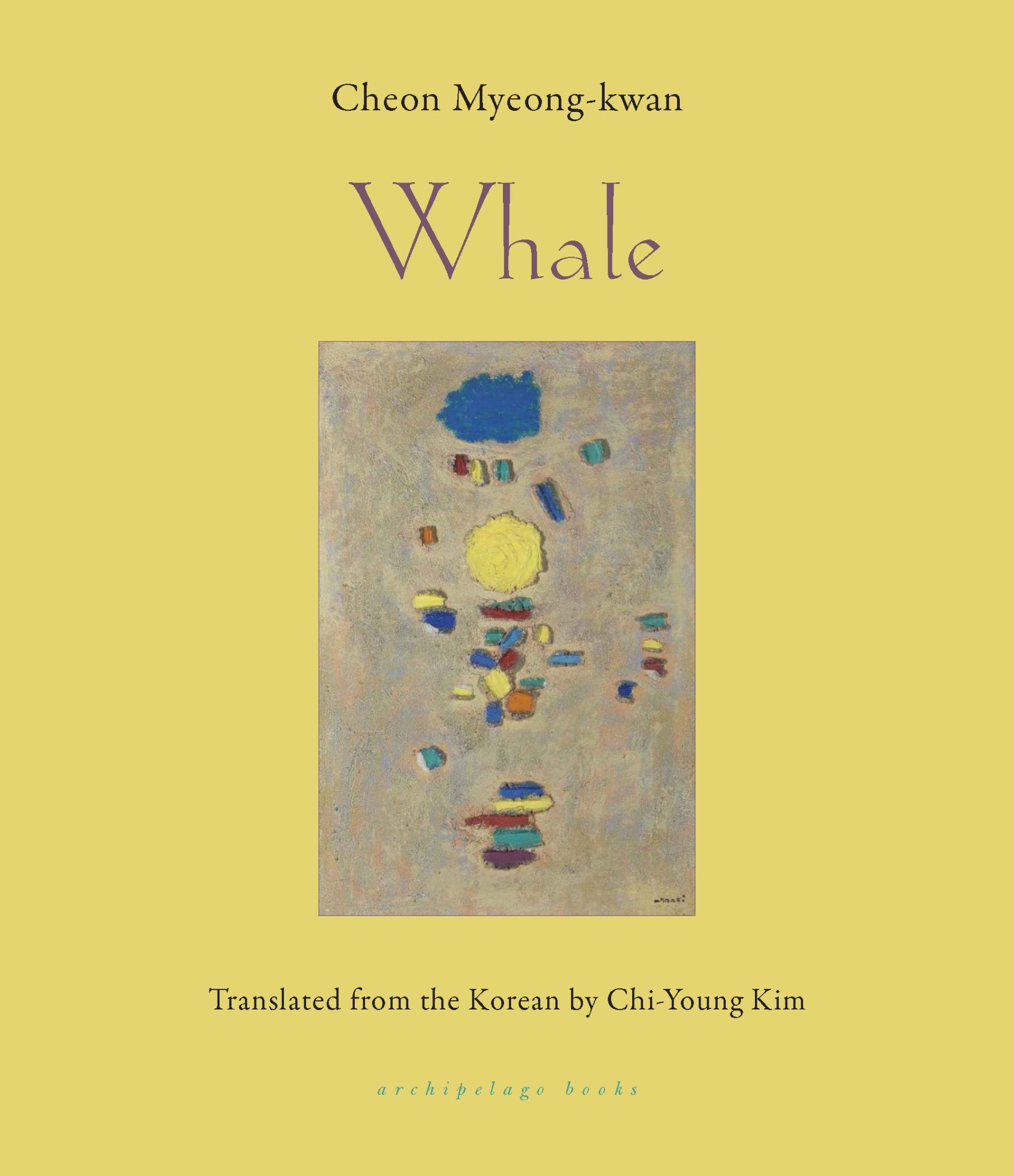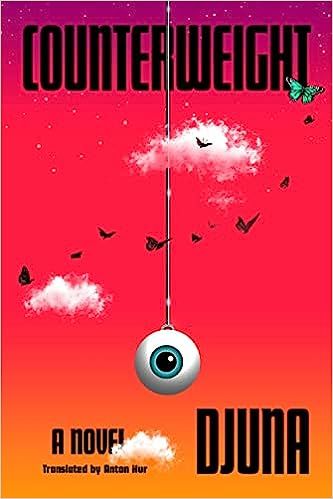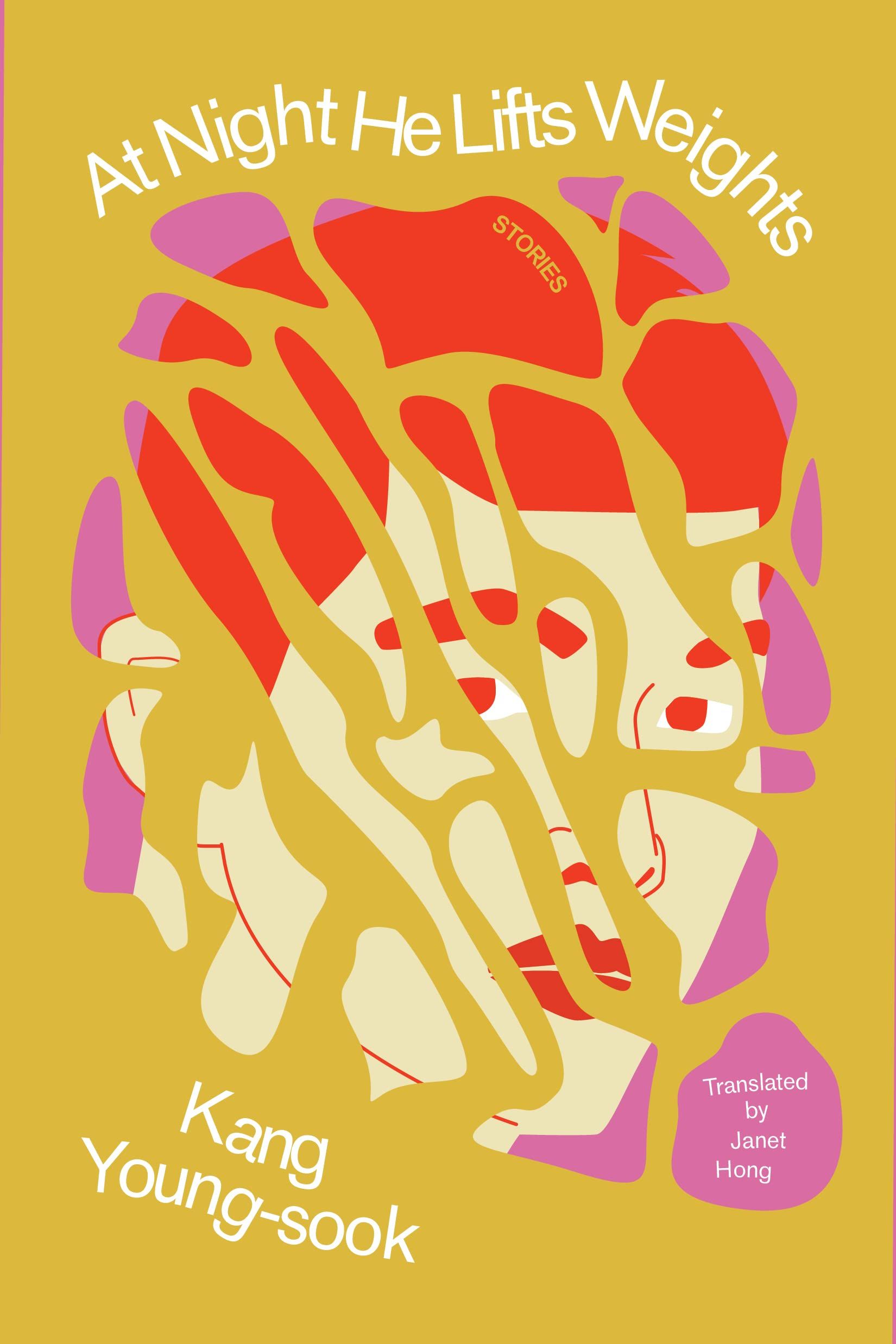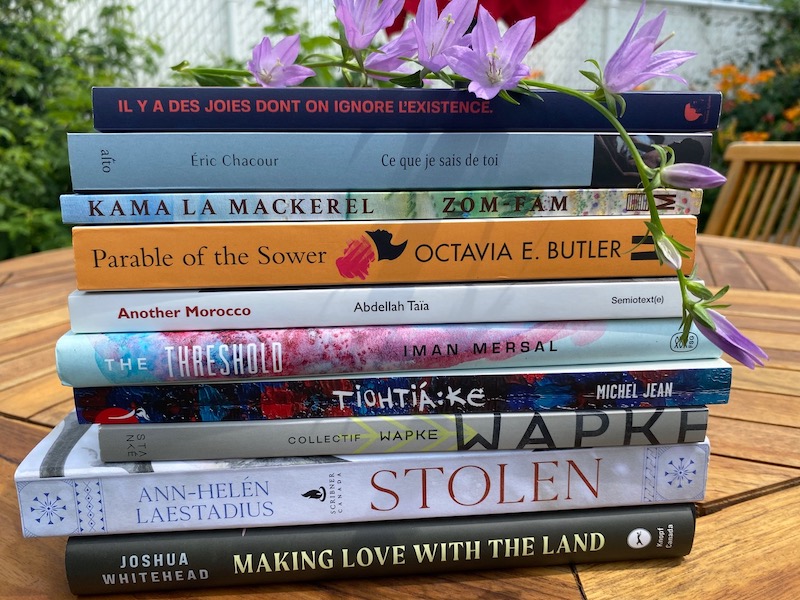
Indian literature written in regional languages has received worldwide acclaim in recent times. The past few decades demonstrate that translation has played a significant role in the expansion of Indian literature. Translation of literary texts regenerates and revitalizes unexplored literature across the globe. It helps the text to travel across nations, boundaries and time without losing creativity and aesthetic pleasure of the source text.
Outstanding translations from Indian languages continue to be published. One such recent addition to the translation genre is Mai San Judge’s Ardali written by Ninder Ghugianvi in 2001 (12th edition was published in 2022) and translated by Dr Paramjit Singh Ramana as I Was Judge’s Orderly in 2023 by National Book Trust, New Delhi . This book has been translated into many other Indian languages. Ghugianvi is a well-known and widely read writer hailing from Punjab, who writes in Punjabi. Son of a small village shopkeeper, a school dropout, a lawyer’s Munshi (clerk) in district court at Faridkot and later appointed as a court orderly, Ghugianvi’s life has been an alluring one. He has more than 50 books to his credit. His works have garnered critical acclaim and have touched the hearts of readers around the globe. Many research scholars in various universities are doing PhDs on his works. The translator of the book, Dr Paramjit Singh Ramana is a former Professor of English and Head, University Regional Centre, Bathinda. He has translated the works of prominent Punjabi writers such as Gurdial Singh, Mohan Bhandari, Waryam Singh Sandhu and others into English.
I Was Judge’s Orderly, a memoir, takes the readers on a captivating journey through the life of a man who serves as a court orderly for judges. The book exposes the intricate workings of the judicial system and offers a rare perspective of someone intimately involved in the judicial setup. Through his vivid, insightful and credible descriptions, Ghugianvi explores the human drama that unfolds within the courtrooms, judges’ conduct outside the courtroom and their secluded life inside the red bungalows. This enlightens the readers on the complexities and contradictions inherent in the pursuit of justice.
Surjit Patar’s lines from his celebrated poem ‘Kuch Keha ta Hanera Jarega Kive’ are befitting for this book.
The men have become trees in the court,
They have dried in the waiting for justice,
Ask these men to go to their homes,
How long will they stay here like this?
The author’s journey begins as a Munshi (clerk) to an advocate for almost a year. In this span of time, everyone in the court has known that he is a writer as well as an artist. When the vacant positions of the orderlies are to be filled up, he applies for the same and gets selected. This is how his journey as an orderly starts. During his entire tenure as an orderly, he serves three distinguished judges. The first judge as well as his family is compassionate and affectionate to the author. Rinku, the first judge’s son admires the author’s artistic and literary talent. But the first judge is transferred soon and the second judge arrives in the red bungalow. The second judge comes alone, it has been insinuated in the book that his children study in some foreign university and his wife lives in Mohali. The couple does not share an amiable relationship. It is during the tenure of the second judge only when the author feels helplessly entangled in the golden chains of the government setup. Everyday rants, insults and abuses made him almost give up his job and go back to his village. The threshold of his patience breaks during the tenure of the third judge and he resigns. He says while handing over the resignation letter to the superintendent, “No sir. No… I have thought a lot… it is such a demeaning job…Sir it will kill me…please sir…I am thankful to you…you have been very nice to me…please relieve me as early as possible…free me forever…so that I may go…” (Ghugianvi 148).
The author joins as an orderly owing to his unfaltering faith in the judicial system. As he delves deeper into the complexities of his role as an orderly, his belief in the judicial system shatters. Author reveals the fragility and corruption prevalent in the system. The second judge, to whom the author served, does not allow him to go to his village for Diwali festivities because he is expecting esteemed guests at his residence in hope of tempting gifts from them. The judge never pays for anything on his own, he asks people to do favour to him so that he can reciprocate the same in the court, by pronouncing a verdict in their favour. The reader and the steno of the judge ask for ‘sewapani’, an illegal gratification from whoever wins the case. The judge is aware of the prevalence of ‘sewapani’ culture among subordinate employees. The second judge is highly abusive to the author. He initially encouraged the author to play his Tumbi and attend his musical events but later turns down his pleadings. He sarcastically calls him Tumbi-master and looks down upon his passion for music and often mockingly labels him a Mirasi.
Advertisement
The author is deeply hurt by these taunts, for the tumbi is a gift from his guru, Ustad Yamla Jat. He is a dedicated and devoted disciple of Ustad Yamla Jat, a renowned Punjabi folk singer. His guru presents him a Tumbi and it is of immeasurable value to him. He respects him a lot and always protects the memento Tumbi given by his guru. He often thinks , “I told Sahib so many times that I was a disciple and follower of Yamla ji… Sahib attached no value to all this… He knew absolutely nothing about Punjabi literature, music, art or culture.” (110)
The book is divided into 20 chapters, all equally appealing. The meticulously chosen episodes from one year span of the author’s life give the book the form of a fascinating tale with a rich narrative and compelling characters. Set in the Malwa region of Punjab, the book reflects the vibrant culture, beliefs and values of the society prevalent in those times. It also offers a window to the judicial system of our country from a different lens. The translator alerts the readers in the translator’s note, “The narrative is not simply interesting and instructive; it is an attempt to bring us face to face with the system we accept without questioning” (Ghugianvi ix).
Memoirs serve as a powerful tool to offer readers an intimate glimpse into the lives of individuals. Generally memoirs are written by people with rags-to-riches stories. But Ghugianvi, through this book, in reverse, has brought a marginalized character into the limelight. In the opinion of the translator as mentioned in the translator’s note, “The first person narrator does not present himself as a “hero”, nor does he try to win our sympathy, admiration or approval by boasting about his achievements or moral superiority. Of course, he presents himself as a talented singer, musician and litterateur. But mostly his self-mocking ironic tone presents him as a weak hapless victim of the system” (Ghugianvi X). Memoirs of such marginalized individuals disrupt the dominant narratives that often overlook or misrepresent the experiences of marginalized individuals and communities. Literature aids the marginalised to give voice to their experiences and emotions. Literary translation helps the most authentic and heartfelt portrayal of the marginalised. It also helps in facilitating the accessibility and dissemination of their stories , experiences and perspectives to a wider audience, along with bridging cultural gaps and fostering empathy and respect for diverse backgrounds. Authors who write in vernacular often find it challenging to reach a broader audience due to linguistic barriers and limited access to publishing opportunities. Translations serve as intermediaries, through translations, these writers gain visibility and contribute to the literary canon.
Most Read
Advertisement
With its fabulous anecdotes, compelling characters and thought-provoking themes, this book is an engrossing read. For anyone interested in learning the faithful and honest exploration of the judicial system, this book is a must-read.
Dr Sushil is an Associate Professor of English & Head, Guru Kashi Department of Languages, Punjabi University Guru Kashi Campus, Damdama Sahib, while
Parminder Kaur is a Research Scholar, PG Department of English, Punjabi University, Patiala

